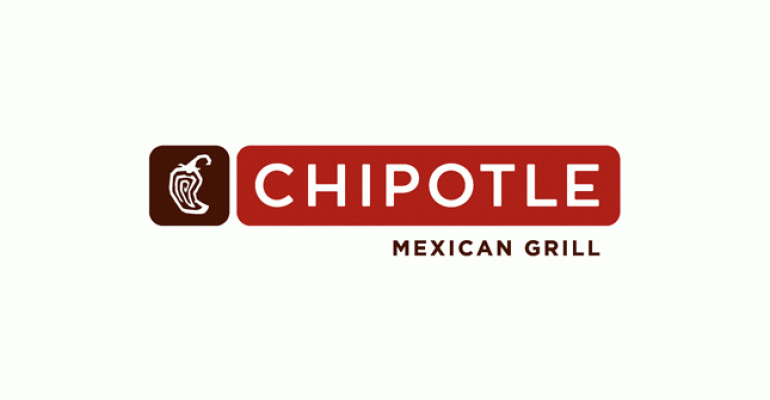 This post is part of the On the Margin blog.
This post is part of the On the Margin blog.
This should have been a good week for Chipotle Mexican Grill Inc.
Last week, the chain revealed that it’s testing queso in New York City. Customers have long demanded that the chain start selling the sauce, much like its competitors Moe’s Southwest Grill and Qdoba Mexican Eats.
And then, on Tuesday, reports emerged that the company voluntarily closed a location in Virginia after several people reported getting sick after eating there — and the stock plunged 7 percent — wiping out more than $700 million in market value.
The incident served as a reminder that nothing comes easy for the Denver-based burrito chain, not when a series of foodborne illness outbreaks caused serious damage to the chain’s reputation.
It also serves as a reminder that the company needs to get customers focused back on its food. That’s where the queso comes in.
The company is testing a handful of items in New York, including its bunuelos dessert with a chipotle-chocolate dipping sauce, some new salad mixes, a new recipe frozen margarita and an avocado-citrus dressing.
But it’s the queso that has gotten consumers’ attention.
It’s uncertain if and when these items will be introduced nationally. But Chipotle spokesman Chris Arnold said that queso could come quickly if the company so desired.
“We do believe in the case of the queso, it is something that could be quickly expanded from an operations standpoint if we wanted to do that,” he said in an email.
The test of the new items is perhaps a bit overdue, given the sales problems last year.
The chain’s unit volumes declined by 23 percent last year, according to NRN data, and though sales have been on the upswing so far in 2017 Chipotle is far removed from the high volumes and high profit margins it had enjoyed before the outbreaks.
This year, the company seems intent on expanding its product line, even if those products are side items or dipping sauces.
“Most successful turnaround efforts in retail include these types of customer-first initiatives, which help restore habit from the lapsed as well as entice a circle of first-timers,” Mizuho Analyst Jeremy Scott wrote in a note this week. He views Chipotle’s impact as “high impact” items that could improve margins “with limited incremental complexity.”
The best recent example on a comparable level with the Chipotle queso test is all-day breakfast at McDonald’s Corp. In the fall of 2015, just as Chipotle was getting hit with repeated news on its outbreaks, the Oak Brook, Ill.-based burger giant began selling breakfast items all day.
McDonald’s consumers had been demanding breakfast items after 10:30 a.m. almost from the day that franchisee Herb Peterson invented the Egg McMuffin. But three years of lost sales and a host of executive changes changed the company’s mind.
All-day breakfast helped lift sales in 2016, keeping investors satiated while the company worked on longer-term sales-building initiatives. McDonald’s stock is now at record highs.
Similarly, Chipotle consumers have long wanted the chain to develop queso sauce, much like its rivals Qdoba Mexican Eats and Moe’s Southwest Grill.
Adding the product will likely generate sales, even if it is from customers who simply add the product to their orders.
Adding queso on its own will not bring back Chipotle’s lost volumes or its otherworldly margins.
But giving customers something they’ve long demanded is a no-brainer, especially for a chain in need of sales-building efforts.
Jonathan Maze, Nation’s Restaurant News senior financial editor, does not directly own stock or interest in a restaurant company.
Contact Jonathan Maze at [email protected]
Follow him on Twitter at @jonathanmaze





